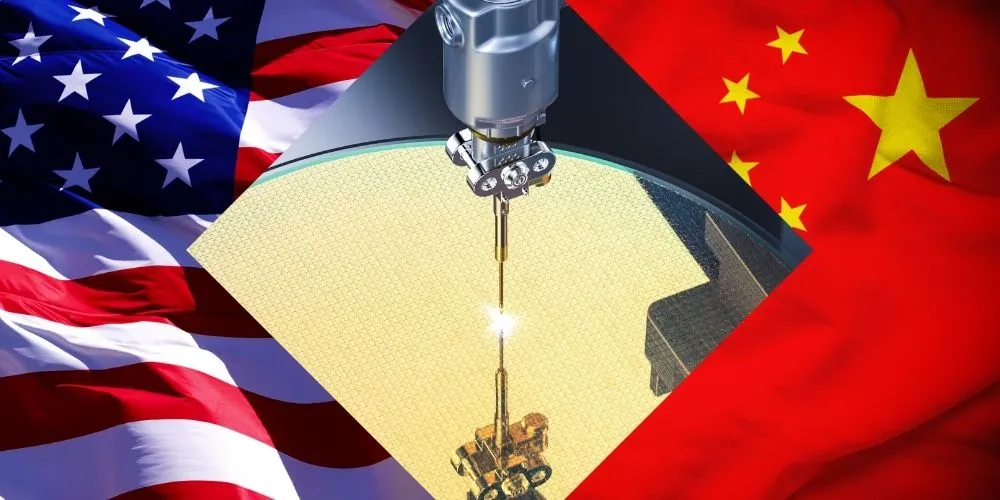Key Points:
- Huawei and SMIC allegedly used U.S. technology to develop an advanced chip in China in 2023, as reported by Bloomberg News.
- SMIC utilized technology from Applied Materials Inc. and Lam Research Corp to develop a 7-nanometer chip for Huawei.
- The White House Commerce Department, Huawei, Applied Materials, Lam Research, and SMIC have not immediately commented on the report.
- The Biden administration has been actively working to prevent China from acquiring cutting-edge U.S. technologies, especially in AI chips.
Chinese companies Huawei Technologies and Semiconductor Manufacturing International Corp (SMIC) reportedly used U.S. technology to develop an advanced chip in China in 2023, defying restrictions, Bloomberg News cited sources familiar with the matter.
According to the report, SMIC utilized technology from California-based Applied Materials Inc and Lam Research Corp to produce a sophisticated 7-nanometer chip for Huawei last year. This development occurred before the U.S. banned such sales to China in October 2022. Despite the revelation, the White House Commerce Department, Huawei, Applied Materials, Lam Research, and SMIC have not immediately commented on the report.
The United States has gradually tightened restrictions on SMIC and Huawei’s access to advanced U.S. technology. In 2019, the Trump administration placed Huawei on a trade restrictions list over alleged sanctions violations, while SMIC faced similar actions in 2020 due to alleged ties to the Chinese military-industrial complex.
Although both companies have denied wrongdoing, the U.S. government has been taking steps to limit their access to advanced U.S. technology. Last month, Reuters reported that the U.S. government targeted SMIC and halted more American imports to its most advanced factory after it produced a chip for Huawei powering its Mate 60 Pro phone.
In recent months, the Biden administration has been particularly aggressive in preventing shipments of advanced AI chips to China. These efforts are part of broader strategies to prevent Beijing from acquiring cutting-edge U.S. technologies that could bolster its military capabilities.





